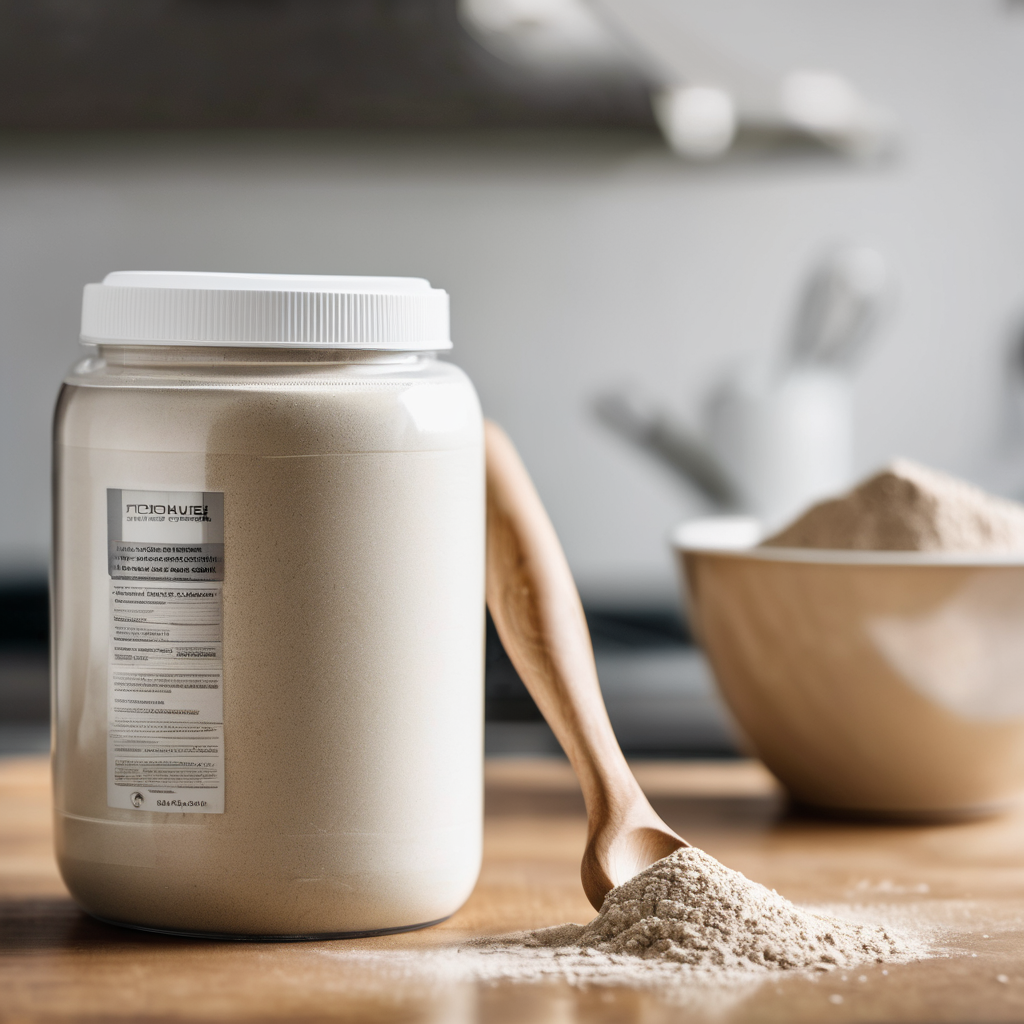Protein is currently a significant focus in nutrition trends, with numerous products ranging from protein-infused popcorn and yogurt to shakes and powders lining grocery store shelves. However, recent findings from Consumer Reports have cast doubt on the safety of some of these protein supplements. After testing 23 different brands, the report revealed that over two-thirds of the protein powders and ready-to-drink shakes contained lead levels exceeding what experts deem safe for daily consumption, which is under 0.5 micrograms.
Specifically, plant-based protein options were found to have significantly higher levels of lead compared to dairy-based products. While dairy options had the lowest lead content, some still registered at levels that prompted Consumer Reports to advise against daily use. The potential health implications of consuming high lead levels are concerning, as excessive lead intake can lead to serious health issues such as anemia, hypertension, kidney problems, and cardiovascular complications.
Consumer Reports categorized the tested products into three groups: those to avoid, those to limit, and those considered safe for occasional use. Notably, manufacturers were urged to respond to these findings, and several brands did. Garden of Life emphasized their commitment to safety and the rigorous testing of their products. Huel challenged the report’s findings, citing that lead naturally occurs in food and arguing that normal dietary intake often exceeds the low levels reported. Meanwhile, Kos affirmed their compliance with USDA Organic and FDA standards, and Optimum Nutrition expressed their dedication to consumer safety through stringent testing protocols.
Despite the alarm raised by the report, several protein powders and shakes were identified as safe for daily consumption. These include options designed for muscle gain and those that are plant-based, signaling that consumers still have healthy alternatives to consider amidst the concerns.
As consumers navigate the world of protein products, remaining informed about the safety of these supplements is crucial. The ongoing dialogue between manufacturers and consumer safety organizations like Consumer Reports will hopefully lead to enhanced transparency and standards in the protein supplement industry. This situation underscores the importance of consumer vigilance in ensuring the nutritional products they choose meet safety standards, fostering a healthier approach to diet and nutrition.
